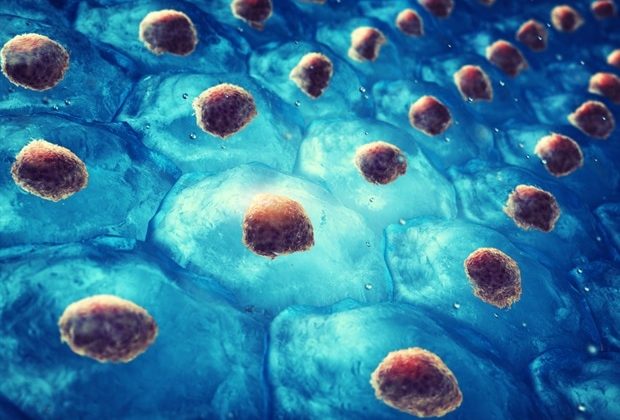Scientists investigating the causes of lymphoedema have made a major discovery, revealing that lymphatic vessels can produce red and white blood cells.
Until now, it was believed that blood cells derived solely from stem cells found in bone marrow.
The discovery, made by an international team led by University of South Australia developmental biologist and Centre for Cancer Biology Director Professor Natasha Harvey, has been published in Nature, the world's leading multidisciplinary science journal.
Researchers made the connection when investigating the causes of lymphoedema – a blockage in the lymphatic system resulting in swelling in the arm or leg, which is very difficult to treat.
Lymphatic vessels are a key component of the cardiovascular system, responsible for returning excessive tissue fluid and protein (lymph) back to the bloodstream and forming a major part of the immune system that defends the body against harmful bacteria or viruses.
Prof Harvey and colleagues traced defects in the lymphatic vessels to cells being incorrectly programmed during development.
We discovered a site in DNA important for controlling genes that program the identity and development of lymphatic vessels.
If these genes aren't switched on at the correct time and place, lymphatic vessels don't form properly, causing lymph fluid to leak back into the tissues, leading to swelling (lymphoedema). In an unexpected discovery, we identified that the same gene that controls the development of lymphatic vessels also controls the production of blood cells.
This exciting discovery suggests that lymphatic vessels may be a previously unrecognized source of blood cells both during development and in disease."
Professor Natasha Harvey, University of South Australia
The ability of lymphatic vessels to produce blood cells could be important for fighting infection and may play a role in some blood cancers.
The researchers will now investigate what triggers lymphatic vessels to produce different types of blood cells and when this occurs – during normal development as well as during disease.
University of South Australia
Kazenwadel, J., et al. (2023) A Prox1 enhancer represses haematopoiesis in the lymphatic vasculature. Nature. doi.org/10.1038/s41586-022-05650-9.
Posted in: Cell Biology
Tags: Bacteria, Blood, Bone, Bone Marrow, Cancer, DNA, Gene, Genes, Immune System, Lymphatic System, Protein, Stem Cells
Source: Read Full Article
